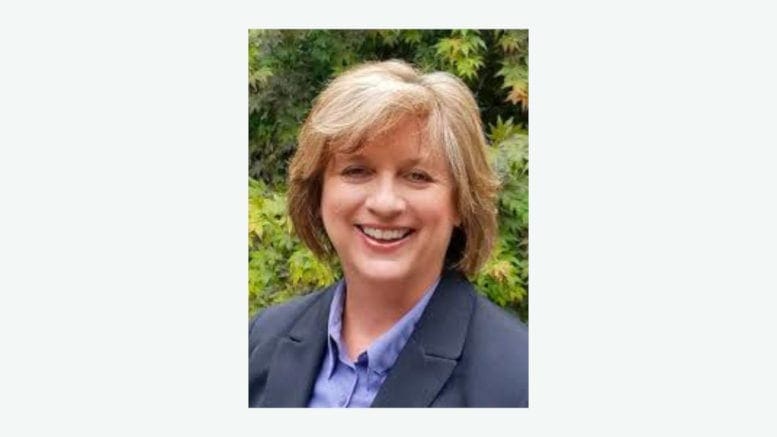By Melanie Dallas, LPC
On January 26, House Bill 1013 was introduced in Georgia House of Representatives. The legislation is notable for several reasons, not least of which is it was introduced by House Speaker David Ralston – also the bill’s lead sponsor – at a press conference in the Capitol rotunda.
HB 1013 is also notable because it has a bipartisan group of co-sponsors: Republican representatives Todd Jones, Don Hogan and Sharon Cooper, and Democratic representatives Mary Margaret Oliver and James Beverly.
But what makes HB 1013 most important is its purpose: to strengthen Georgia’s mental health system. Toward that end, the legislation includes several provisions that have the potential to increase access to care, one of the most critical challenges facing Georgia’s mental health system, and especially Georgia residents in need of behavioral healthcare.
While there continues to be a lack of understanding regarding the needs of individuals with mental illness, the pandemic has brought awareness of mental health challenges to the forefront. Data collected by the state Department of Behavioral Health and Developmental Disabilities (DBHDD) confirms the impact of the pandemic on mental health in Georgia.
According to DBHDD Commissioner Judy Fitzgerald, in oft-quoted testimony to the Georgia House that bears repeating here, Georgia’s mental health crisis hotline has experienced a 24% increase in calls, texts and chats since the pandemic began, while mental health screenings have increased by 426%. Georgia also saw a 36% increase in drug overdose deaths between April 2020 and April 2021. Such chilling numbers make HB 1013 timelier than ever – and also highlight the need for access to affordable, community-based mental health services for all Georgians.
Within HB 1013’s 74 pages are important initiatives that could make mental health services more accessible in Georgia. For example, despite a federal law prohibiting such actions, insurance companies often limit coverage for mental health services. These limits mean individuals must pay out of pocket to continue receiving treatment once they’ve reached a maximum – and often arbitrary – number of visits with a therapist. Very few individuals can afford to do this, so they simply stop treatment.
The mental health parity provision in HB 1013 will require insurance companies in Georgia to provide the same level of coverage for mental healthcare that they do for physical healthcare. When enforced, this law should help individuals receive longer and more effective mental health treatment.
Other parts of the legislation focus on mental health workforce development, one of the most critical aspects of access to care. A cancelable loan program for mental health-related professions may help incentivize more Georgians to become therapists, psychologists, counselors and nurses, professions that are all essential to a quality mental health system. Elsewhere, plans to increase the use of the peers in the mental health workforce, especially in rural and underserved areas, is an important and vital recognition of the value of lived experience in community-based mental healthcare.
In times such as these, when divisions seem to extend across so many parts of our communities, I remain hopeful that mental health is one area upon which we can all agree – as members of the General Assembly are already demonstrating.
As I’ve written numerous times, one in five people will have a mental illness in their lifetime. But one case of mental illness impacts so many others – family members, spouses, children, parents, friends, employers, students, coworkers – very likely the other four in five. And from that perspective, mental illness impacts everyone.
HB 1013 gives us the tools to strengthen the mental health system in Georgia, and I remain hopeful that our General Assembly will prioritize appropriations to fully fund this bill and build up the infrastructure needed to truly increase access to care in our state. I applaud our lawmakers for this important legislation, and sincerely believe we can use it – thoughtfully and purposefully – to begin making Georgia the national leader in mental health.
Melanie Dallas is a licensed professional counselor and CEO of Highland Rivers Behavioral Health, which provides treatment and recovery services for individuals with mental illness, substance use disorders, and intellectual and developmental disabilities in a 13-county region of northwest Georgia that includes Bartow, Cherokee, Cobb, Floyd, Fannin, Gilmer, Gordon, Haralson, Murray, Paulding, Pickens, Polk and Whitfield counties.

